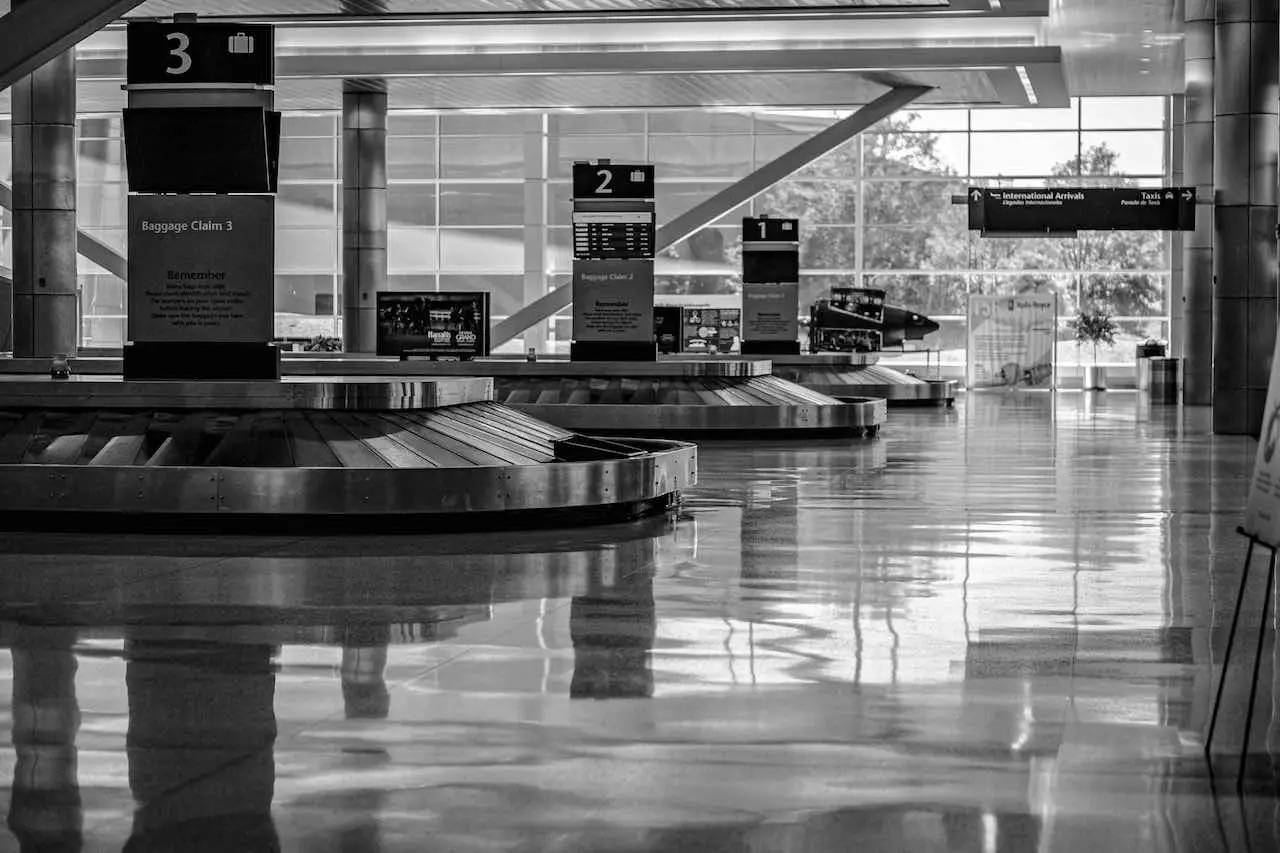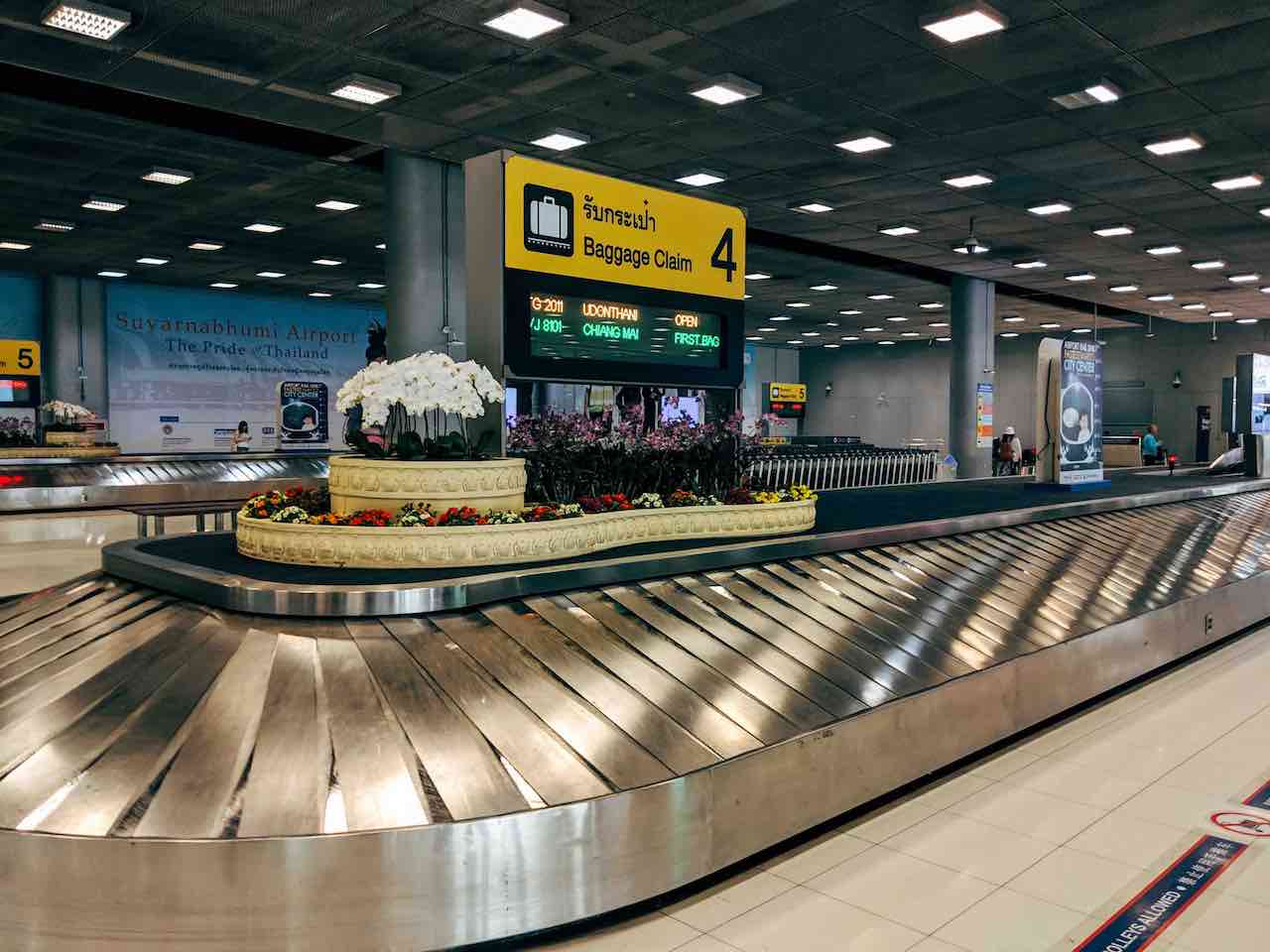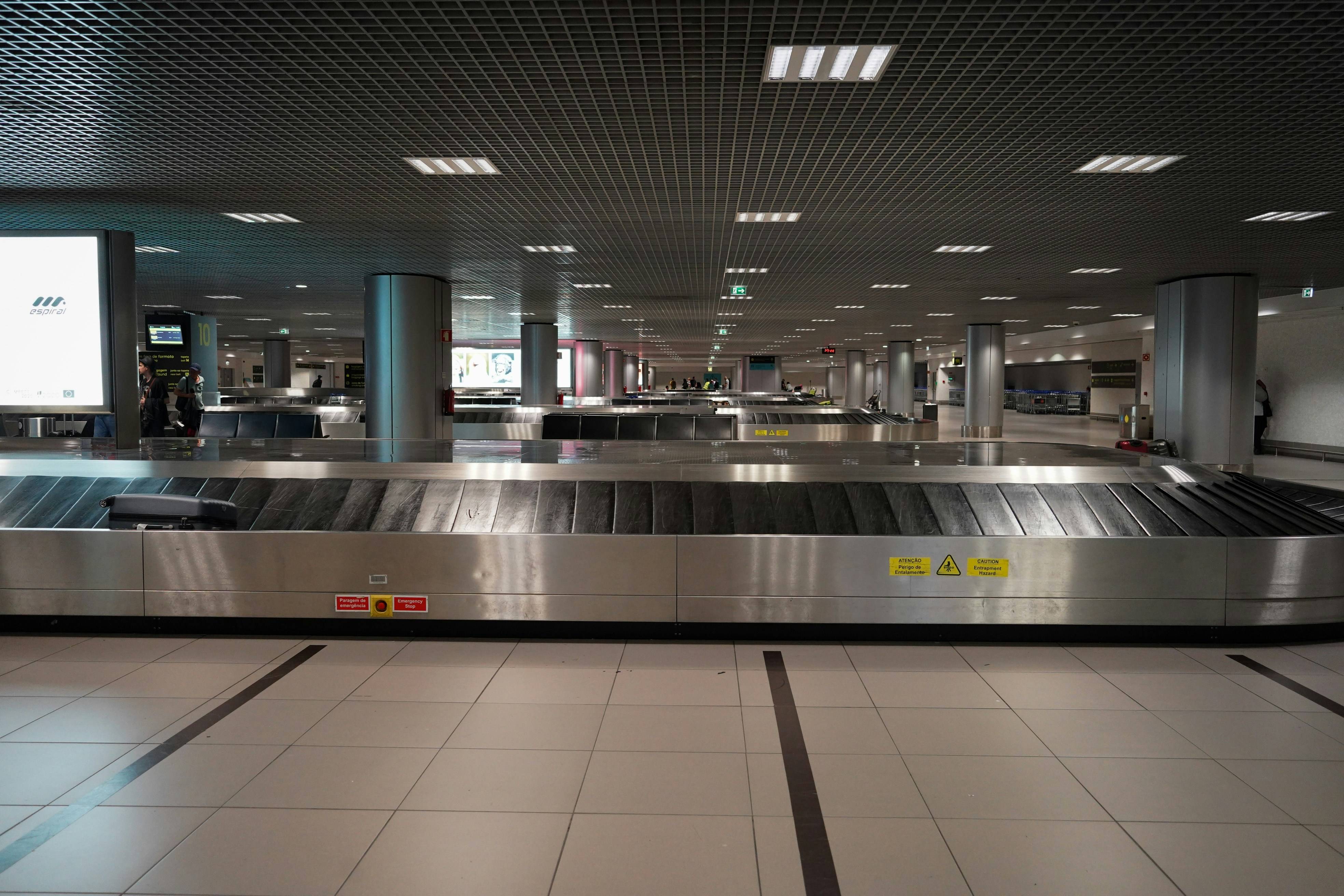How to Deal with Lost Luggage
One of the most frustrating things that can happen when traveling is not getting your luggage back when you reach your destination. Trust me, I've been there, and it's never a good feeling. But don't panic! Losing your baggage doesn't mean it's gone forever. In fact, most of the time, what we think is "lost" luggage is simply delayed. According to the Department of Transportation, only 1-2% of luggage is truly lost, while 98-99% is returned to the owner within a few weeks.
Before you rush to the baggage claim office and give the airline a piece of your mind, take a deep breath. I know it’s easier said than done, but here are some things to consider:
- If you’re at a large airport, bags may be loaded in waves. Just because your bag isn’t on the carousel right away doesn’t mean it’s not coming.
- Your bag could end up on a different carousel. I’ve had this happen to me, and checking the baggage claim monitors frequently kept me on top of the situation.
- Sometimes, your bag might have made an earlier connecting flight and is just waiting for you at the airline’s baggage claim office(you might have seen all those bags neatly lined up - those are probably from a missed-flight connection situation.
If you've checked all these possibilities and still can't locate your bag, it's time to alert the airline. Below are tips on what to do if your luggage is delayed or lost, and how to maximize your chances of getting compensated if your baggage is lost.
VIDEO:Have you ever experienced the frustration of arriving at your destination only to find that your luggage didn't make the trip with you? I know I have, and it can be a real travel nightmare. Thankfully, Ben's video guide on "What To Do When An Airline Loses Your Luggage" was a lifesaver for me. In this video, Ben walks you through the essential steps to take when your bag goes missing, from locating the baggage claim office to understanding your compensation rights. His practical advice helped me stay calm and get my belongings back without unnecessary stress. Don't miss out on these invaluable tips—watch the video now and be prepared for your next trip!
Top 4 Tips to Prevent Your Luggage From Getting Lost
Here are some proactive tips I follow before traveling to avoid losing my belongings:
Take a Non-Stop Flight
Whenever possible, I opt for non-stop flights. Fewer connections mean fewer opportunities for my luggage to get lost. It's one of those simple decisions that can save you a lot of hassle down the road.
Travel Light
Traveling light is my go-to strategy. By sticking to carry-on luggage, I can keep an eye on my belongings at all times. It also speeds up my journey through the airport. I always add some unique markings or ribbons/tape to my bag to avoid someone else mistakenly grabbing it. And don’t forget to ensure that labels with your name and flight details are securely attached and legible.
Consider Travel Insurance
If your credit card doesn’t offer luggage insurance, I’d recommend looking into standalone travel insurance. In some cases, your renter’s or homeowner’s insurance might cover delayed or lost baggage too. I always check what compensation the airline offers before my trip, just to be safe.
Keep Valuables in Your Carry-On
I never pack valuables like medications, jewelry, electronics, or a change of clothes in my checked luggage (I generally try to avoid checking bags). These essentials always go in my carry-on bag. Not only are these items more likely to get lost in checked baggage, but most insurance policies won’t cover them if they do go missing.
What to Do If Your Luggage Is Lost
If your luggage doesn’t arrive, here’s what I do:
Locate the Baggage Claim Office
The first thing I do is locate the baggage claim office of the airline that operated my final flight. If you traveled on multiple airlines, you’ll need to file your claim with the airline that operated the last leg of your journey. In smaller airports, you might need to report the missing bag to a contract agency that works with multiple airlines. Just look for the logo of the airline that operated your last flight.
Report the Missing Bag
Once I’ve found the baggage claim office, I let the agent know that my luggage didn’t arrive as expected. You’ll need to provide a copy of the bag tag you received at check-in. The airline will use this to track your luggage, much like how packages are tracked. In most cases, your luggage simply didn’t make the connecting flight and will arrive on the next one, potentially the next day.
Fill Out a Missing Baggage Report
If the agent can’t locate your bag, you’ll need to fill out a missing baggage report. I make sure to provide detailed information about my bag, including its size, color, material, and any identifying tags. Don’t forget to include your local address and phone number. Also, get a reference or tracking number for follow-up, and make sure you have the contact information for the baggage claim office.
Ask About Compensation
Ask the airline what compensation they’ll provide. Many airlines offer amenity kits with essentials like toiletries and a change of clothes. They may also refund any checked-bag fees. I always keep all receipts for any purchases I make while waiting for my luggage, as these can typically be reimbursed. If you have travel insurance, check what coverage it provides for delayed or lost baggage.
What to Do If Your Baggage Is Truly Lost
If your luggage hasn’t been found within 3 weeks, it’s time to consider it lost. Here’s how I handle claiming lost baggage compensation:
First, check your airline’s website for details on filing a claim. Compensation can take 1-3 months, and the process can be negotiable. I always make sure to ask for the amount I feel is owed to me. The Department of Transportation sets a maximum compensation of $3,500 for lost baggage. For international flights, the Montreal Convention makes airlines liable for 1,131 SDRs, which is about $1,700 today. This limit can be increased if your baggage was mishandled, like if a "Handle with Care" sign was ignored.
If you can’t reach an agreement with the airline, your next step might be to approach a Small Claims Court. Just make sure your claim is reasonable and within the Department of Transportation’s limits. If your bag is declared lost, airlines often ask for an itemized list of contents, including purchase dates and receipts for high-value items. Keep in mind that depreciation will apply, so be realistic in your claim.
To summarize, I always keep valuable and essential items in my carry-on luggage. If your bag is lost, act quickly and be persistent in seeking the compensation you deserve. Don’t hesitate to escalate the issue if needed, and remember that Small Claims Court is an option if negotiations fail.
FAQ: Lost or Damaged Luggage
Find more help here for your journey through the airport




